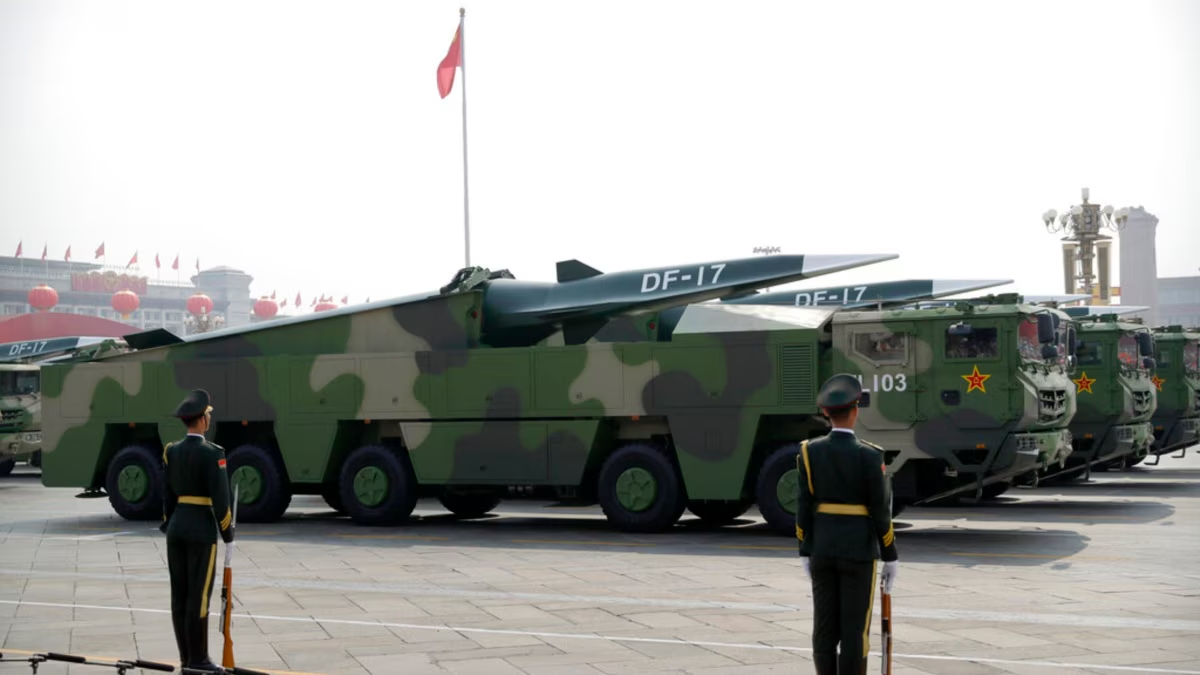Boeing has secured a new $2.4-billion contract to deliver 15 more KC-46A Pegasus aerial refueling aircraft to the U.S. Air Force, expanding its substantial deal with the Department of Defense. This latest award builds on the $4.6 billion allocated in February and November 2023 for 30 additional units, bringing Boeing’s momentum in the aerial refueling sector to new heights.
Expanding Fleet and Capabilities
Since its introduction, the KC-46A Pegasus has been hailed as a revolutionary multi-mission aerial refueling platform. Derived from Boeing’s 767 commercial jetliner, it has already clocked over 100,000 flight hours globally and delivered 89 aircraft to the U.S. Air Force since 2019.
This latest contract brings the global total of KC-46A units under contract to 168, making it one of the most in-demand and trusted refueling platforms worldwide. The tanker is celebrated for its capability to carry 96,000 kilograms (211,643 pounds) of fuel, enabling it to refuel multiple fighter jets and fixed-wing aircraft mid-flight, thereby extending their operational range and flexibility.
Moreover, the KC-46A stands out by its ability to also receive fuel in flight—a feature that further enhances its role in global mobility and strategic maneuvers. Boeing’s KC-46 program manager, Lynn Fox, highlighted the milestone:
“We appreciate our continued partnership with the U.S. Air Force. This is another big milestone for our team, and we look forward to delivering the world’s most advanced multi-mission aerial refuelers for years to come.”
Technical Excellence and Persistent Challenges
While the KC-46A represents cutting-edge refueling technology with its advanced fly-by-wire boom system, its journey has been marred by critical issues. Classified as “category one” deficiencies, these problems are considered severe enough to pose significant risks to safety or mission success.
- Refueling Boom Stiffness: Aircraft receiving fuel from the KC-46A have experienced difficulties due to excessive stiffness in the boom, complicating mid-air refueling operations.
- Remote Vision System (RVS) Issues: Problems with the RVS, which assists in precision fueling, have been a persistent concern, requiring upgrades and fixes to improve functionality.
- Fuel Pump Vibrations: In 2024, the U.S. Air Force discovered another major defect: excessive vibrations in the fuel pump were damaging the aircraft’s bleed air ducts, raising questions about its long-term reliability.
Significance of the New Deal
Despite these challenges, the Pegasus remains a cornerstone of the U.S. Air Force’s modernization efforts, offering unparalleled flexibility in global mobility and mission execution. Its ability to support allied operations and extend the range of fighter jets, bombers, and cargo planes makes it indispensable for power projection.
The new contract underscores the Air Force’s confidence in Boeing’s ability to address the KC-46A’s challenges while continuing to deliver advanced capabilities. The expanded fleet is expected to bolster America’s global air refueling capacity, reinforcing operational readiness amid evolving strategic threats.
Outlook
With global orders reaching 168 units and ongoing efforts to resolve technical deficiencies, the KC-46A Pegasus remains a critical asset in the U.S. Air Force’s inventory. However, Boeing’s ability to mitigate these persistent challenges will be vital to ensuring the tanker fulfills its mission without compromise.
As the Air Force integrates more Pegasus tankers into its fleet, its dual roles in refueling and receiving fuel position it as a critical enabler of modern air operations. Despite hurdles, the KC-46A continues to demonstrate why it is a pivotal platform in the future of aerial refueling.








